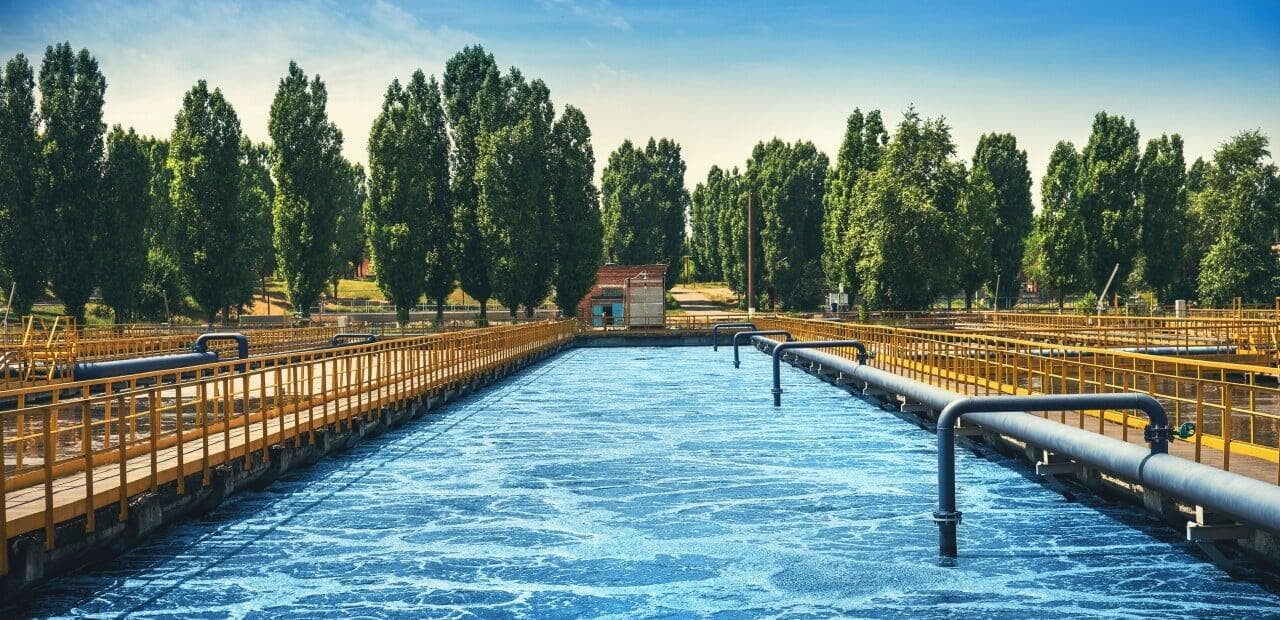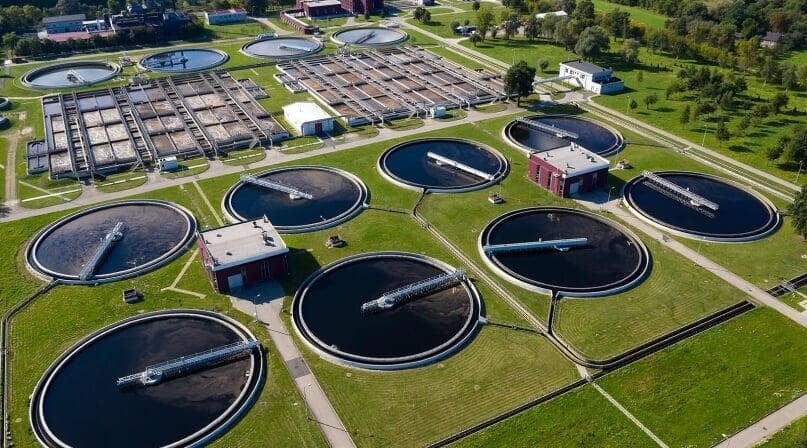Water, the source of life, is also a source of complex challenges for those tasked with managing it. From meeting the needs of growing populations to combating climate change impacts, the management of water resources is becoming increasingly critical and complex. In this blog post, we'll explore the current challenges facing water resources management and what the future might hold.
Population Growth and Urbanization:
Population Growth and Urbanization:
As the global population continues to increase, especially in urban areas, the demand for water rises exponentially. Urbanisation leads to higher water consumption for domestic, industrial, and commercial purposes, putting stress on existing water sources.
Climate Change:
Climate Change:
Climate change exacerbates water scarcity and variability. Changes in precipitation patterns, melting glaciers, and altered runoff can disrupt traditional water supply systems. This results in more frequent droughts, floods, and water quality issues, challenging the resilience of water management systems.
Water Pollution:
Water Pollution:
Pollution from industrial, agricultural, and domestic sources contaminates water bodies, affecting both surface water and groundwater quality. Chemical pollutants, heavy metals, pathogens, and nutrient runoff pose significant threats to ecosystems and human health, necessitating robust pollution control measures.
Agricultural Water Use:
Agricultural Water Use:
Agriculture accounts for the largest share of global water withdrawals. Increasing food demand due to population growth puts pressure on water resources for irrigation. Efficient water management practices, such as drip irrigation and crop selection, are essential to minimize water wastage in agriculture.
Water Governance and Management
Water Governance and Management
Effective governance structures and management practices are crucial for equitable and sustainable water allocation. Integrated water resource management (IWRM) approaches, involving stakeholders from various sectors, are needed to address competing water demands and conflicts over allocation.

Infrastructure Aging and Maintenance:
Infrastructure Aging and Maintenance:
Many water infrastructure systems are aging and in need of repair or replacement. Investment in modernising water infrastructure is essential to ensure reliability, efficiency, and resilience in the face of evolving water challenges.

Groundwater Depletion:
Groundwater Depletion:
Over-extraction of groundwater for irrigation, industrial, and municipal use leads to aquifer depletion and land subsidence in some regions. Sustainable groundwater management strategies, such as aquifer recharge and regulation of extraction, are necessary to prevent long-term depletion and degradation of this vital resource.
Ecosystem Degradation:
Ecosystem Degradation:
Alteration of natural hydrological cycles through dam construction, land-use changes, and water diversion projects can have profound impacts on aquatic ecosystems. Maintaining ecological flow regimes and restoring degraded habitats are essential for preserving biodiversity and ecosystem services.
Water-Energy Nexus:
Water-Energy Nexus:
There is an intricate relationship between water and energy, as water is essential for energy production (e.g., hydropower, cooling in thermal power plants) and energy is required for water treatment and distribution. Balancing water and energy needs while minimizing environmental impacts is a key challenge for sustainable development.
Emerging Contaminants and Waterborne Diseases:
Emerging Contaminants and Waterborne Diseases:
Emerging contaminants such as pharmaceuticals, microplastics, and endocrine-disrupting chemicals pose new challenges for water treatment and public health. Additionally, the spread of waterborne diseases due to inadequate sanitation infrastructure remains a significant concern, particularly in developing regions.
As we navigate the complex currents of water resources management, it's clear that the challenges ahead are formidable. However, by embracing innovation, fostering collaboration, and prioritizing sustainability and equity, we can work towards a future where water is managed wisely and equitably for generations to come.
Addressing these challenges requires a multifaceted approach involving policy reforms, technological innovation, public awareness, and international cooperation. Investing in sustainable water management practices today is crucial for ensuring water security and resilience in the face of future uncertainties.
